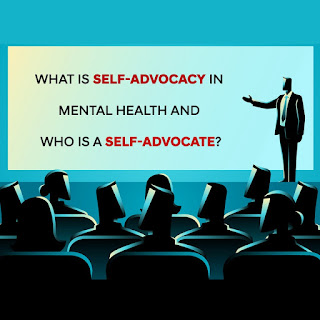What is recovery from mental health issues? Four tips for recovery
So what are my tips for recovery?
1. As a client, you should do anything that feeds into a sense of well-being for you and is constructive. Recovery follows empowerment of clients i.e. of persons with psychosocial challenges in the initial stages through self-confidence induction, self-esteem enhancement, self-reliance induction, and the development of the ability to combat negativity and emerge as positive thinkers.
2. For recovery to be meaningful, you must as a client, have a goal. Something that can engage your attention thoroughly and help you completely shift the focus of your problems and symptoms. If you have a larger than life purpose or cause to work for that would be even better. Do what you are passionate about. Is there a social cause you would like to be part of? Is there a scientific subject you are really, really, interested in studying? Do you enjoy doing yoga? Do you like reading books voraciously or do you engage in creative writing - can you write? Are you talented at writing? Is there a philosophical quest you’d like to engage with? Do you have a hobby such as music or dancing or sports that you’d like to excel in? Do you enjoy painting or gardening? Look for means and resources and the best ways to do any of these creatively. It works in any of these above-mentioned or other forms that keep people sane. Thorough engagement in work via a step by step process can restore mental well-being and catalyze recovery. I recovered initially by going to college and empowering myself with education in Women’s Studies. And much later via a career in mental health.
3. Do you have an emotional support system for recovery? Are there people in your life you really enjoy being with and whom you love? Do you have meaningful and very loving relationships with people or pets for that matter?
4. And do you do something for fun when work gets too much? Do you have access to psychiatric or non-psychiatric alternatives for well-being – whatever makes you feel better and functional?
Anybody who can relate to the above 4 points and practices the same is well on their way to recovery.
#recoveryinmentalhealth #specialschizophreniaknowl



Comments
Post a Comment